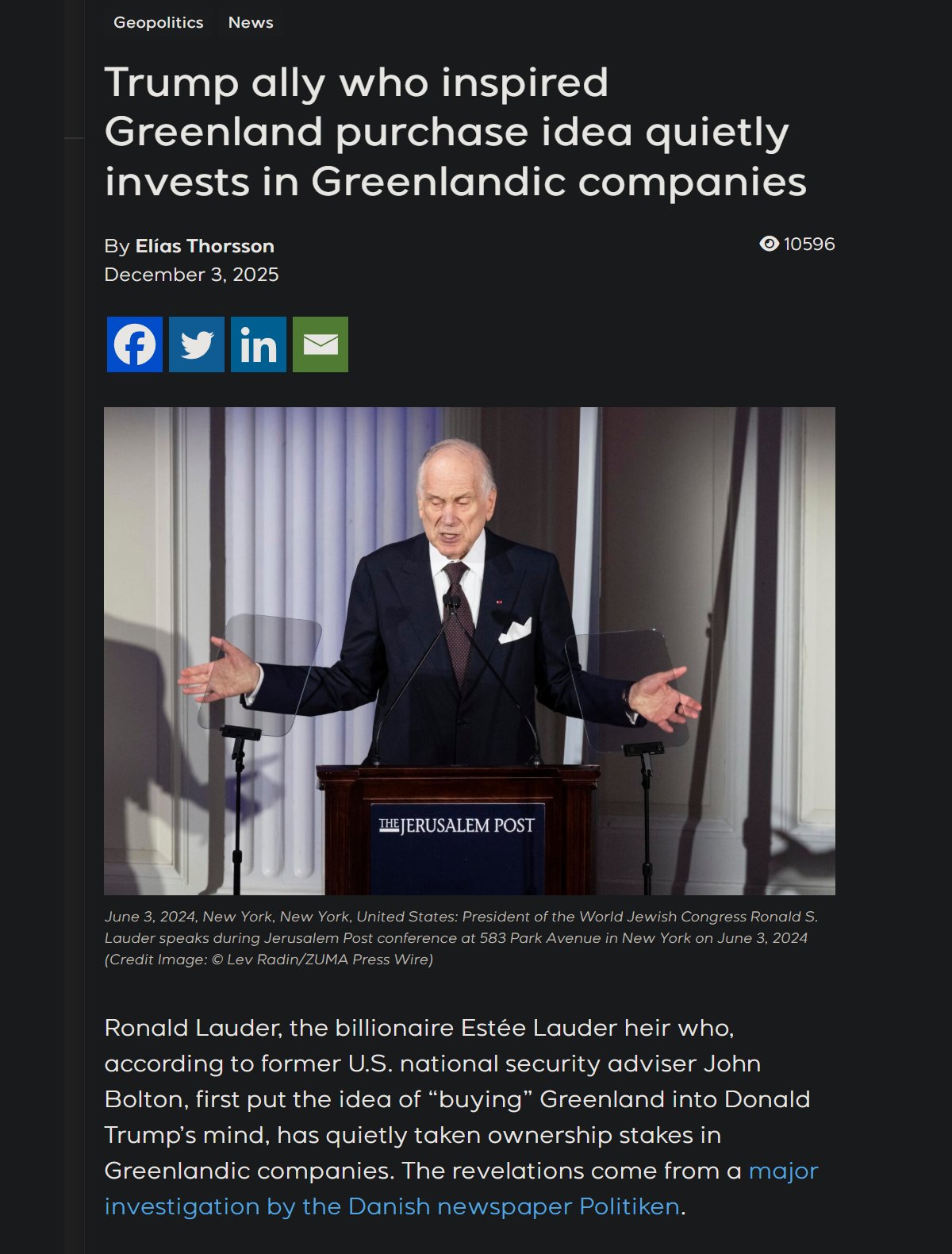The Gaggle Book Club: "America in Our Time: From World War II to Nixon—What Happened and Why" By Godfrey Hodgson
Each week, the Gaggle Book Club recommends a book for Gagglers to read and—most important—uploads a pdf version of it.
Our practice is that we do not vouch for the reliability or accuracy of any book we recommend. Still less, do we necessarily agree with a recommended book's central arguments. However, any book we recommend will be of undoubted interest and intellectual importance.
Today's book club selection is "America in Our Time: From World War II to Nixon—What Happened and Why" by Godfrey Hodgson. Published in 1976, Hodgson's book examines the key political, social and economic changes that defined postwar America. The book is not a straightforward history but rather an attempt to analyze why America changed in the way that it did.
Hodgson, a liberal British journalist who covered America for "The Observer" during the 1960s and 70s, argued that post-1945 America was ruled by a "liberal establishment"—a coalition of business elites, policymakers and intellectuals who adhered to a broad liberal consensus. This consisted of a commitment to economic growth and Keynesian demand management; civil rights and gradual social progress; and, above all, a strong, interventionist foreign policy, which went by the name of Cold War containment.
The reign of the liberal establishment began to crumble when confronted by the rise of Black Power and the incidence of urban riots. The Cold War containment policy, bogged down in the jungles of Southeast Asia, had led to massive antiwar protests by a newly-radicalized youth.
That part of the story has been told many times. Hodgson, however, adds a few intriguing details. For example, he details the role of liberal philanthropic foundations—such as the Ford and Rockefeller Foundations—in exacerbating racial divisions in America. Most histories of the civil rights movement and the racial politics of the 1960s and 70s focus on government policies, grassroots movements or white backlash. Hodgson, however, brings in an often-overlooked factor: the influence of elite liberal foundations in shaping the debate on race in ways that deepened, rather than resolved, racial tensions.
Hodgson argues that major philanthropic foundations saw themselves as benevolent "social engineers." Early foundation efforts (in the 1950s and early 1960s) focused on traditional civil rights goals such as racial integration. By the late 1960s, however, foundations began funding more radical, separatist elements within the Black Power movement.
This shift, Hodgson argues, marginalized traditional civil rights leaders such as Martin Luther King Jr. and the NAACP, while elevating more radical figures who advocated for racial separatism, economic self-sufficiency and violent activism.
Hodgson pays particular attention to the Ford Foundation, which heavily funded community control projects in urban black neighborhoods. One major example was Ford’s support for "community control" of schools in New York City, which led in 1968 to intense racial conflict between black and Jewish communities in the Ocean Hill-Brownsville school controversy.
Rather than foster interracial cooperation, these initiatives provoked backlash from groups that felt alienated by racial favoritism. Hodgson points out that these liberal foundations were often run by the very same elite groups they claimed to oppose: wealthy white liberals, corporate executives and elite academics. Their efforts served to promote social and racial divisions.
Another original aspect of "America in Our Time" is Hodgson’s argument that Great Society programs fueled inner-city violence by channeling federal funds into the hands of urban gangsters and radical groups. Most mainstream accounts of the Great Society focus on its noble intentions and progressive goals—expanding welfare, fighting poverty and promoting civil rights. Hodgson, however, presents a much more critical perspective, showing how federal money often ended up funding criminal elements and radical activists rather than helping the communities the programs were supposedly meant to serve.
Under President Lyndon Johnson’s War on Poverty, millions of dollars were funneled into inner-city programs. Much of this money ended up in the hands of criminals, street gangs and corrupt political operatives. City officials and law enforcement found themselves powerless as radical groups and gangsters gained influence through federal funding.
Hodgson describes how big-city mayors, including those of New York, Chicago and Detroit, pleaded with Johnson to curtail Great Society funding because it was fueling violence. These mayors—who were themselves Democrats—recognized that federal programs were not stabilizing their cities but rather making life worse for their residents. The money that was supposed to help reduce poverty was instead empowering radical militants, organized criminal gangs and local political bosses who had no interest in peaceful reform.
Hodgson also details how Democratic political machines in cities such as Chicago, New York and Philadelphia used Great Society money for patronage, rather than real social reform. In Chicago, Mayor Richard Daley took War on Poverty funds and redirected them to his own political network, ensuring that federal money served the Democratic Party rather than poor residents.
In some cities, community organizations created under the Great Society became fronts for organized crime. Black nationalist groups received funding and used the money to recruit militants.
Most liberal histories of the Great Society present it as an altruistic, well-intentioned effort that was undermined by racism, conservative backlash or insufficient funding. Hodgson, however, shows that the failure was baked into the system itself—the programs empowered the wrong people, fueled violence and undermined their own goals. Hodgson was among the first to argue that liberal policies themselves contributed to the very problems they were supposed to fix.
Another original aspect of "America in Our Time" is Hodgson’s revisionist view of Nixon as a strong and effective president, whose downfall remains paradoxical given his political skill and achievements. Hodgson portrays Nixon as a master-strategist who understood American politics better than most of his predecessors. Nixon built a new coalition that reshaped American politics particularly through his Southern Strategy, which forever peeled away white Southerners from the Democratic Party. While liberals disparaged middle-class concerns, Nixon channeled them effectively into a broad conservative movement. As a policymaker, whether on domestic or foreign policy, Nixon was among the most successful.
Hodgson suggests that the liberal establishment Nixon had spent his career fighting against played a crucial role in his downfall. While Nixon was effectively dismantling the old liberal order, the media and political elite turned on him with full force during Watergate, seeing it as a moral reckoning for his attacks on the system that had served them so well.
"America in Our Time" remains one of the best accounts of how the optimism of postwar America gave way to the political and social fractures of the 1970s. In a highly readable way, Hodgson explains how and why the postwar "liberal establishment" collapsed as a result of its own internal contradictions and failures. The book is important in helping us understand how the political realignments in the 1960s and 70s served to generate to the Trumpian political conflicts we are embroiled in today.
















